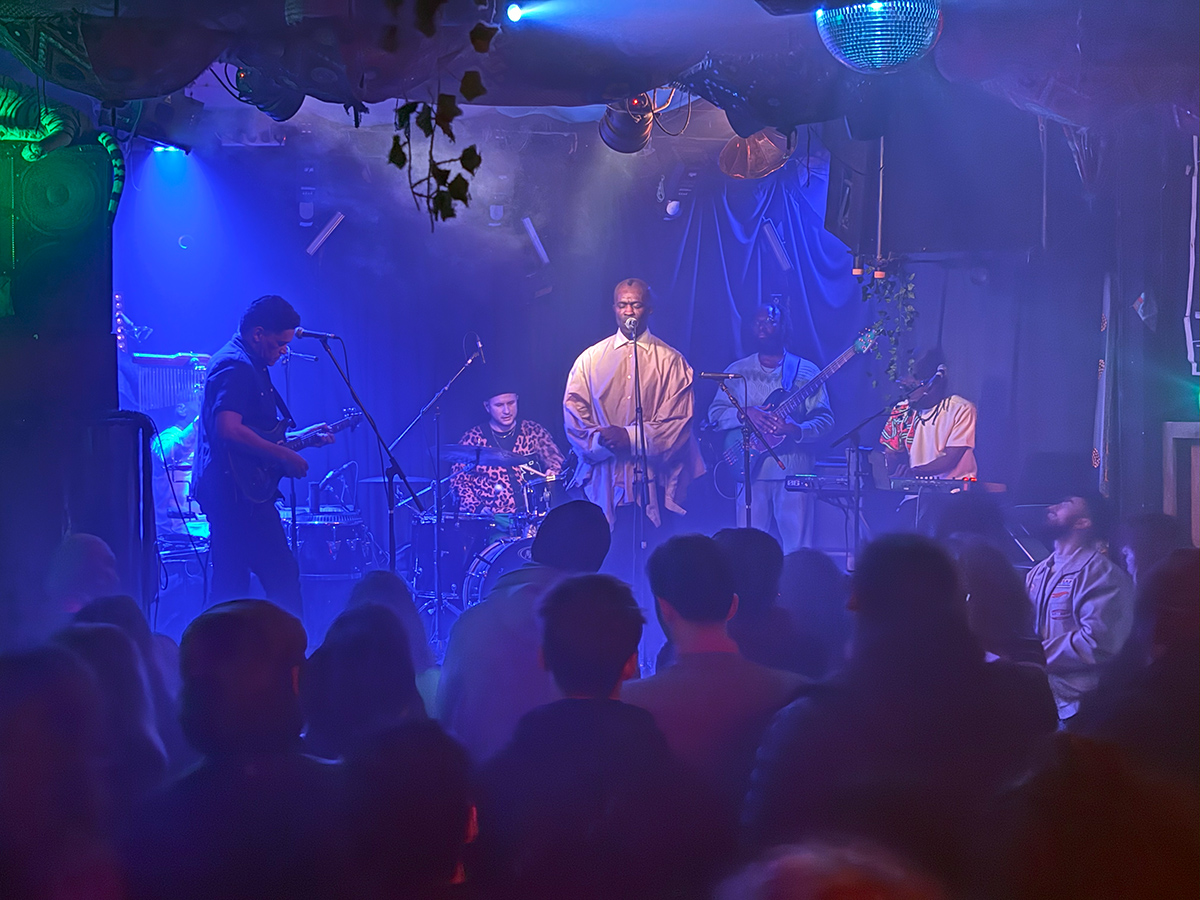
Graham Ginsberg shows how he feels about his search engine profile. (Photo courtesy Graham Ginsberg)
The internet is so much more significant than a newspaper article. It’s bigger than print in its longevity and reach and it’s forever growing, shaping the public lives for all generations, past, present and future.
The handling of this information has become exponentially important. The quote “With great power comes great responsibility” comes to mind. But where is the responsibility when it comes to showing our personalities, our castle, in search engines?
When search engines choose to show information about me, as an example, do they show all available information about me or do they choose certain articles and pictures they consider most relevant and fresh to show the public? And why is there no redress available to me to deal with how search engines portray me?
I recently submitted a complaint to three major search engines requesting that they remove certain pictures and references to articles about me that were old and irrelevant.
Google didn’t respond back, but Bing’s Technical Support did saying, “Thank you for contacting Bing Technical Support regarding your request to remove content from the Bing search engine. Working directly with the site owner or webmaster for removal of the content is the best way to resolve your issue. Bing doesn’t control the operation or design of the websites we index. We also don’t control what these websites publish. As long as the website continues to make the information available on the web, the information will be generally available to others through Bing or other search services.”
But this isn’t entirely true on several levels. But it’s their boilerplate response back, kind of a “it’s not our fault” statement.
Search engines like Bing, Google and Yahoo, do limit and restrict information they show in search results by using software that prioritizes and sorts data into a format it deems suitable.
What is censorship?
Censorship is the act or censoring, the removal or suppression of what is considered morally, politically, or otherwise objectionable. And this is precisely what search engines do right now in their own way using customised algorithms.
Bing suggested that I contact the webmaster in the hope that they would remove the information from being indexed on the internet. Bing suggests that they remove a story as if it never existed. But that isn’t my gripe. I have no problem that our local daily newspaper has pictures and an article about me protesting in front of their establishment. They have every right to have it and I don’t want it removed from their website.
But I have an issue with Bing for showing the information as if it was the only information there was on me. And there is a ton of information about me; from articles I had written to the local paper on a whole bunch of different subjects from national beach access issues to real estate, but little if any is shown in the search results. Just me standing in front of the paper protesting with a noose around my neck, almost ten years ago. Maybe the algorithms looks for keywords like ‘noose’ and prioritizes them higher than say and article about NBA Hall of Famer Larry Bird and his house, which I contributed last year in the same paper.
Because search engines are moneymaking machines, any customized filtering of search results will cost them dearly. And why not, they’re businesses like any other and should be held accountable for their product they’re selling. But what makes search engines different from any other business is they’re so big and powerful and that is why governments need to have means to force them into compliance.
It’s the Wild West all over again. Asking search engines like Google and Bing to police themselves, to be fair and moral has proven to be futile and why should they care or even act accordingly?
To keep the peace for the common good, laws need to have teeth to force offending search engines to comply with logical guidelines that protect the interests of the public and not just interests of these large search engine corporations.
This article was posted on 22 May 2014 at indexoncensorship.org




